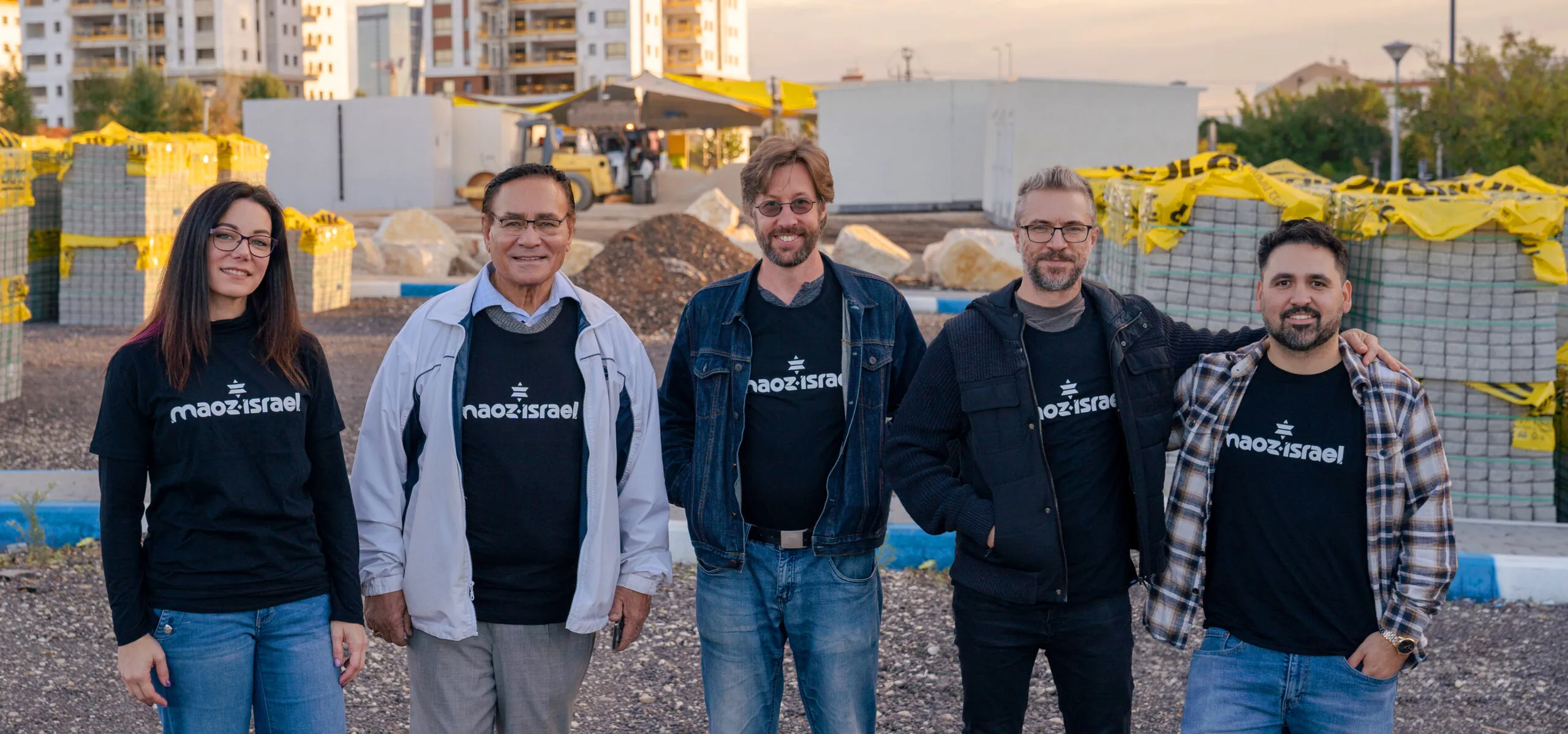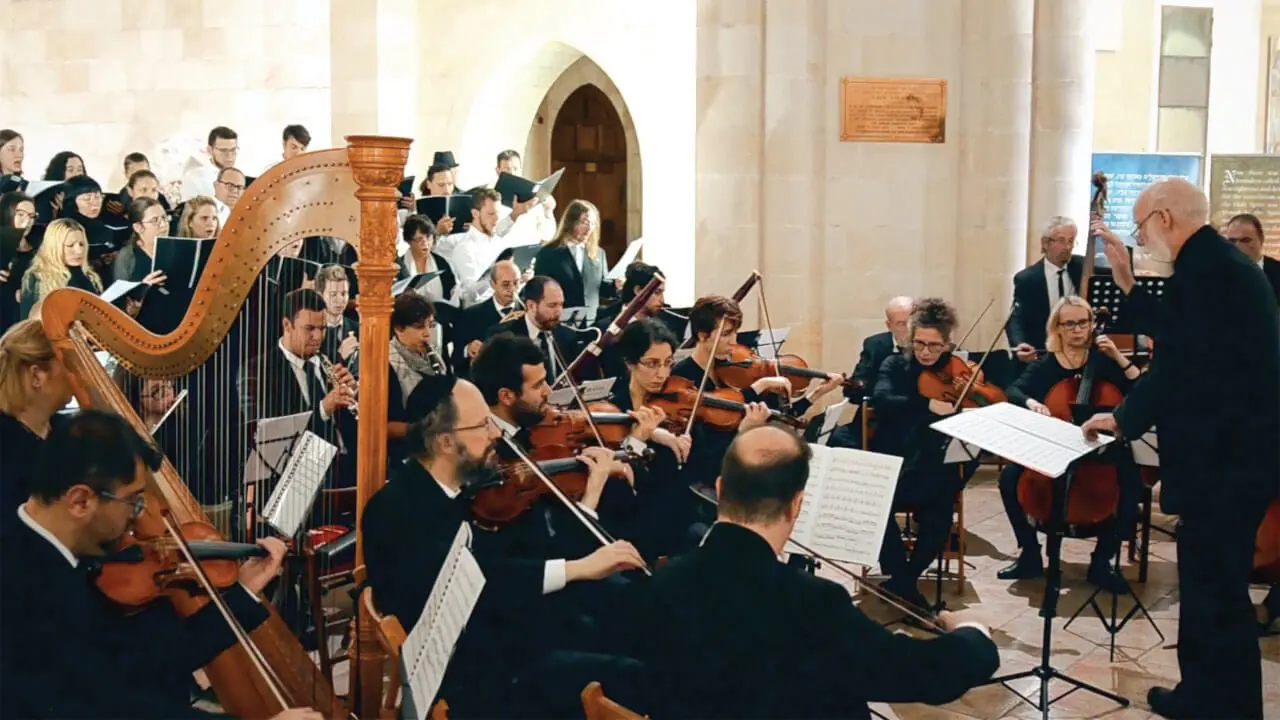
Lisa Stewart was not born into a lazy family. Both her grandparents knew about a dozen languages each and her grandfather was a spy for the revolution against the Czar in Russia. He wanted Russia to be a democratic country, but was caught and exiled to Siberia by the Czarist regime. Lisa never actually knew her grandfather’s real name as he was always called by his underground pseudonym. Though her grandparents never saw their dream of a democratic Russia, they were eventually granted permission to move to the U.S. in 1921 and arrived just in time for the birth of Lisa’s mother three days later.
Lisa grew up a second-generation American, but her Russian-Jewish roots would remain evident in her upbringing—especially when it came to the importance of a good education. The best school in her Michigan town was a Lutheran school—and so, despite being Jewish, off to Lutheran school she went. From the earliest age, Lisa had a deep longing to know if there was a God. But despite her curiosity, she was never satisfied with the answers provided by the Lutheran clergy at her school. So, the questions remained unanswered.
Lisa entered college just in time for the 1960’s disillusioned and rebellious university scene. Searching for spiritual truth, she embraced everything that blew her way. “I know God had his hand on me,” she said. I tried all the dark spiritual practices and took all sorts of psychedelic drugs. For some reason, though, my friends—who were all on hard drugs themselves—wouldn’t let me take the hard stuff. It was not long afterward that all those friends were either in jail or dead.”
Eventually, she tired of the scene and decided she preferred the life of a hermit. A friend of a family she knew owned 120 acres in the Olympic National Forest in Washington state that had an old cabin on it. She agreed to rent the entire property and cabin to Lisa for $1 a year. So, Lisa spent her time fixing up the cabin and working toward a degree at a college 50 miles away.
From the cabin, the closest evidence of civilization was a lone gas station about five miles away, where Lisa would often walk. It was the perfect life of solace, except for one night when a man, who had given her a ride a few days before, came by her cabin drunk and tried to break in. After that, she slept with a pistol under her pillow. But, it would turn out to be the only “incident” she ever had.

David
David Loden was also from Michigan, though his family cared little for politics and had been farmers for generations. You could say David was appropriately named, as all he cared about while growing up was music. He studied piano, joined a boy’s choir, and at 8 years old, began writing music—inspired by composers like Bach. He wasn’t religious, but he loved the big sound of choirs. His family would eventually move to California, where he found another choir to join and became its conductor by the age of 16. By 19, he was studying opera and, within a few short years, made it all the way to Broadway.
From composer to actor to opera singer to lighting designer, David’s talent, skill and versatility landed him the role of stage manager and eventually production supervisor for the Joffrey Ballet throughout the U.S. As part of his job, he ended up in Seattle for several months.
Needing a break from the workload in Seattle, David and one of his friends decided on a week of camping in the Olympic National Forest. They ate fish from the stream for a week until they decided it was time for a good old-fashioned burger. Happening on a gas station in the middle of nowhere-logger country, they went in.
Of all the things they expected to find at a secluded gas stop where burly men stopped by for lunch, a young woman sitting at a table piled high with college books wasn’t one of them.
Lisa the Lovely
When Lisa looked up from her books to see two young men enter, she felt instantly drawn to one of them. They began a conversation and then she asked them if they were heading in the direction of her cabin, but they explained they were heading in the opposite direction. A few minutes after they left, however, David turned his car around and decided to drive her home. Lisa didn’t believe in God, but by the time they said goodbye, she knew that God had destined her to be with the one she had learned was named David. David told Lisa he had to complete that year’s contract with the Ballet, but as soon as he did—he would come back.
David returned to New York to finish out his contract with the Ballet, but he couldn’t get his mind off Lisa. He was not the letter-writing type and realized he didn’t even know Lisa’s last name. But over the six months he had left, he wrote her three letters, simply addressed to Lisa the Lovely, Sappho, Washington. She got the letters.
When David returned to Washington, he and Lisa quickly saw the deep commitment they had for each other and drove down to her university town to get a marriage license. Lisa knew a friend who was a minister of Scientology who agreed to perform their marriage ceremony and sign the license. David, who was into astrology at the time, calculated that according to their birth dates, they needed to be married at 7:00am. But when 7:00am rolled around on their wedding day, the minister had not arrived. Not wanting to miss out on their window of celestial favor, David and Lisa rounded up a few nearby hippies as witnesses and married themselves. The minister eventually did arrive and signed the papers to legally seal the deal.
David and Lisa lived in the little cabin, and David worked at the local logging mill. Loggers didn’t care for hippies, but David found the mill’s manager, Merle, was an exception. Hippies were always visiting his home, and Merle’s wife was constantly cooking and hosting visitors. “Why are you different than all the other loggers around here?” David finally asked him one day. Merle explained it was because of Jesus. He was a Christian and this is what Christians did. For weeks they spent many hours a day after work talking about faith and truth. He had a lot of answers to David’s questions, but it was Merle’s lifestyle that made David believe he could trust him. David began visiting his church and, one day, came home to tell Lisa he had given his life to the Lord.
Lisa’s first response wouldn’t be appropriate to share in a family-friendly article such as this. She had studied religions and concluded Jesus to be a farce. In her mind, David had embraced the shallow, materialistic and hypocritical church world she had grown to despise—and she was livid. The following weeks consisted of much arguing between the two, though, she would admit, everything else she had tried up to this point didn’t work either. David’s peaceful demeanor as he answered many of her questions was both intriguing and annoying. So Lisa insisted on going with David when he visited Merle—even if it was just to prove the error of David’s ways.
In the end, however, it wasn’t the answers to questions that got her; it was the deep sense of love Merle and his family radiated that captivated her. That, and the question he posed, “Why don’t you give Jesus the same chance you’ve given all the other religions you’ve tried?” Lisa didn’t believe it, but she agreed to pray. As she completed the “sinner’s prayer,” she concluded it under her breath with—” in Jesus’ name—I’ll give you two weeks.”
Lisa was serious. If she wanted to check Yeshua off her list of potential truths, she would have to give it an honest go. She would give it her all for two weeks and follow Merle’s instructions to read the Bible, pray—and spend time with other believers. She recalls, “The Bible reading and praying weren’t very exciting, but the easy part was meeting with other believers.”

Two weeks later, David and Lisa were on their way to the church with two other couples they were bringing to hear the Good News. David and Lisa knew they were supposed to bring tithes, but had no money. They did, however, have a cow, and so decided to tithe with the milk. Suddenly, their tire exploded, and the van flipped over three times down an embankment. With milk and gasoline flying everywhere, David heard Lisa scream, “Jesus, help me!” But when the car finally stopped, Lisa was no longer in the seat beside him. David, hanging upside down himself, scrambled out and found her buried under the van, with the full weight of the vehicle crushing her lower body. A couple of loggers on their way to the same church who witnessed the wreck rushed down and helped lift the car off Lisa.
Lisa had no memory of crying out to Yeshua, but she felt no pain or trauma from the wreck. She did, however, feel a presence and knew instantly in that moment that Yeshua was real. At the hospital, Lisa was informed that she had broken three ribs, her hip socket, and her pelvis, and would be in a body cast for about three months. Her friend Judy, who was also in the van at the time of the wreck, would have a long recovery as well.
When Merle heard what happened, he took all the furniture out of his dining area and brought in two beds so they could care for Lisa and Judy. Both Judy and her boyfriend, who had also been in the wreck, gave their lives to the Lord during this time and were officially married while Judy was still in the hospital. They are still believers today.
About six weeks into the recovery, David learned about immersion and asked Merle to be immersed in water. Lisa was not about to be left out of the experience. And, since one cannot go into the water with a cast, she opted to cut the cast off herself and was also immersed. That was some 50 years ago, and she has never suffered again from her injuries.
A short while later, as they attended a service, the pastor preached a message and spoke about Israel. Somehow this began stirring something inside Lisa about the significance of her Jewishness and her belief in Yeshua. David also felt the stirring and subsequently began writing and composing music from the Bible. For three years, they traveled up and down the West Coast and Canada, playing and singing and testifying of what God had done for them. Traveling and ministering was very fulfilling, but David and Lisa could both see where this was headed. They were being called to Israel.
In 1973, they visited a worship camp in Canada where Merv and Merla Watson were playing some of the earliest forms of worship music written with a Jewish sound. They also met Shira Lindsay (before she married Ari Sorko-Ram), who, having moved to Israel six years prior, had lots of pertinent information about making Aliyah (immigrating) to Israel. Subsequently, David and Lisa began their Aliyah process from Canada.
When Merv and Merla began planning a music tour in Europe the following year, David, with his experience in planning such events, helped organize their trip. About this time, David and Lisa’s Aliyah papers were approved, so they joined the tour and, from there, bought a one-way ticket to Israel.

Off to Israel
As is usually the case in Israel, nothing went as planned. The absorption center that was supposed to take them in was too full, and so, with £80 to their name, David and Lisa were stuffed into a tiny hotel room. They spent their first two years in Netanya studying Hebrew and, upon completion, rented a house on the outskirts of Netanya, where Shira was also planning to move.
About that time, Shira, who had taken a quick trip to speak about Israel in California, had met Ari, an actor and convinced him that as a Jew who believed in Yeshua, his home was in Israel. Despite his success in Hollywood at the time, he agreed to give Israel a try, and within six months, Ari and Shira were married. In the same year, they founded Maoz Israel and moved to Netanya near David and Lisa. Both of them began holding small groups in their homes.
Looking for a larger space to plant another house group, Ari and Shira heard of an opportunity of renting a house in Herzliya—about 20 minutes south of Netanya. The house had been closed up and abandoned since the owners had been murdered several years prior. The situation made for cheap rent, but preparing the moldy basement for their new meeting place was a labor of love.
There was much excitement from the local believers who would come to meet together, and soon the Herzliya house had about 70 in attendance. Ari and Shira envisioned a congregation that was entirely Jewish in culture and language. But they couldn’t deny that the singing-in-Hebrew part of the meeting was the hardest part to fulfill.
First, worshipping in Hebrew meant they had very few songs to choose from. Second, of the believers who lived in Israel back then—most were American volunteers and new Jewish immigrants who were just learning the basics of how to buy groceries in Hebrew. So, it was no surprise there was little enthusiasm for the Sorko-Ram’s passion for worshipping in Hebrew. Worshipping with music is supposed to be a moving experience between man and God. And nothing kills that intimate feeling for immigrants like singing strange words with the guttural sounds Hebrew requires. Ari and Shira shared their struggles with the Lodens, and they agreed to come down and take over the worship for an entire year to help the congregants get used to the idea. This was the beginning of the Sorko-Ram’s first spirit-filled, Hebrew-speaking Israeli congregation. During the same period, the Lodens were launching their own Messianic congregation in Netanya.

David the Psalmist
Doubling down on the vision for worship in Hebrew, David wasn’t content with translated versions of the somber Anglo hymns. He began writing songs from the Hebrew Scriptures, fitting them to the music of the culture around him. The sound he would pioneer would release the celebratory nature of Jewish culture. (Jews love to dance!) Interestingly enough, it was right during that time—as Jews began to worship and celebrate in Hebrew—that Christians around the world began to embrace songs of celebration in their own churches and even—gasp—dance to them.
Though David continued to write worship songs, his heart never abandoned his first love of classical music. He knew there were many Israelis who loved classical music as dearly as he did, and was determined to prove the Bible could be preached with a symphony orchestra. Once again, the idea was met with skepticism, but Ari and Shira realized its value right away. Maoz supporters agreed and have over the years given tens of thousands of dollars toward the Lodens’ work.
David has written and produced many pieces, including an entire opera, David and Bathsheba, to highlight sincere and true repentance. He also produced the iconic classical piece Handel’s Messiah in Hebrew. At its core, Handel’s Messiah is a two-hour presentation of Old and New Testament scriptures about the coming of the Messiah Yeshua. Together with another Messianic pioneer, Aryeh Bar David, David painstakingly fit the words to the music line by line. Because of its iconic status, David has been able to perform this unabashed message about Yeshua for the past decade to thousands of Israelis, including Holocaust survivors and intellectuals—in the original Hebrew. This message, in any other form, is still difficult to get out publicly in Israel today.
“When we performed the opera in Tel Aviv, you and Ari were the people who supported it strongly because you believed in it,” Lisa told Shira recently. “The theater was close to full capacity, and believers were able to bring their unbelieving friends—because of you. People were deeply moved and we have many testimonies that came from that. You understand the place of culture and art. Very few in our Messianic community even today really understand the potential of art and culture to influence our world.”
Though there were a few original songs written by early visitors to the land, David was the first to publish a songbook of his Hebrew worship songs, and the first to record Messianic Jewish music so the songs could be sung all over the world. His songs like “Roni Bat Tzion” have become staples in Messianic music lineups and have even been translated into English. In fact, some of the children in Maoz’s Music Making for Kids program use his classical pieces as study material.
David and Lisa Loden still live today in Netanya and through their organization, Kamti, they continue to write and perform music around the world. Their lives are a testimony of God’s ability to capture the heart and imagination of anyone He chooses and take them on an adventure that not only changes them—but also affects an entire generation of worshippers.
David’s music continues to span across generations and thus he will always be remembered as the Father of Israel’s Messianic Jewish music movement.
You can help Maoz Israel support established artists like David and Lisa Loden as well as young but talented musicians who are just getting their feet wet. You can sponsor a Psalmist or help provide the instruments they need for their work.
However you choose to participate, you can be assured that the sounds of worship will resound from the City of the Great King! And YOU will have had a part in ushering in those magnificent sounds—the songs, the voices, the instruments, the dancing, and the worship emanating from the heart of Israel—Jerusalem.
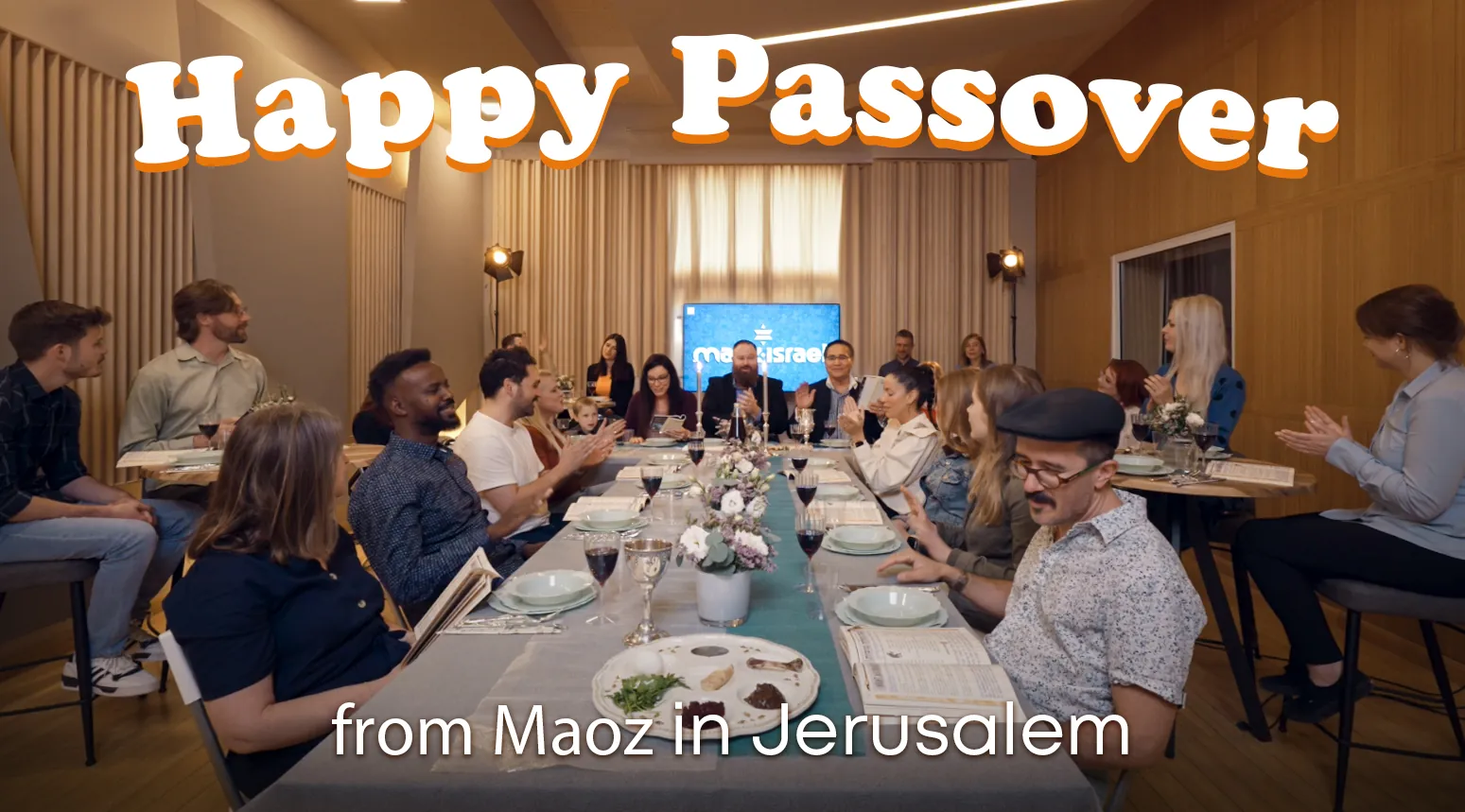
Happy Passover!

What is a Promised Land?
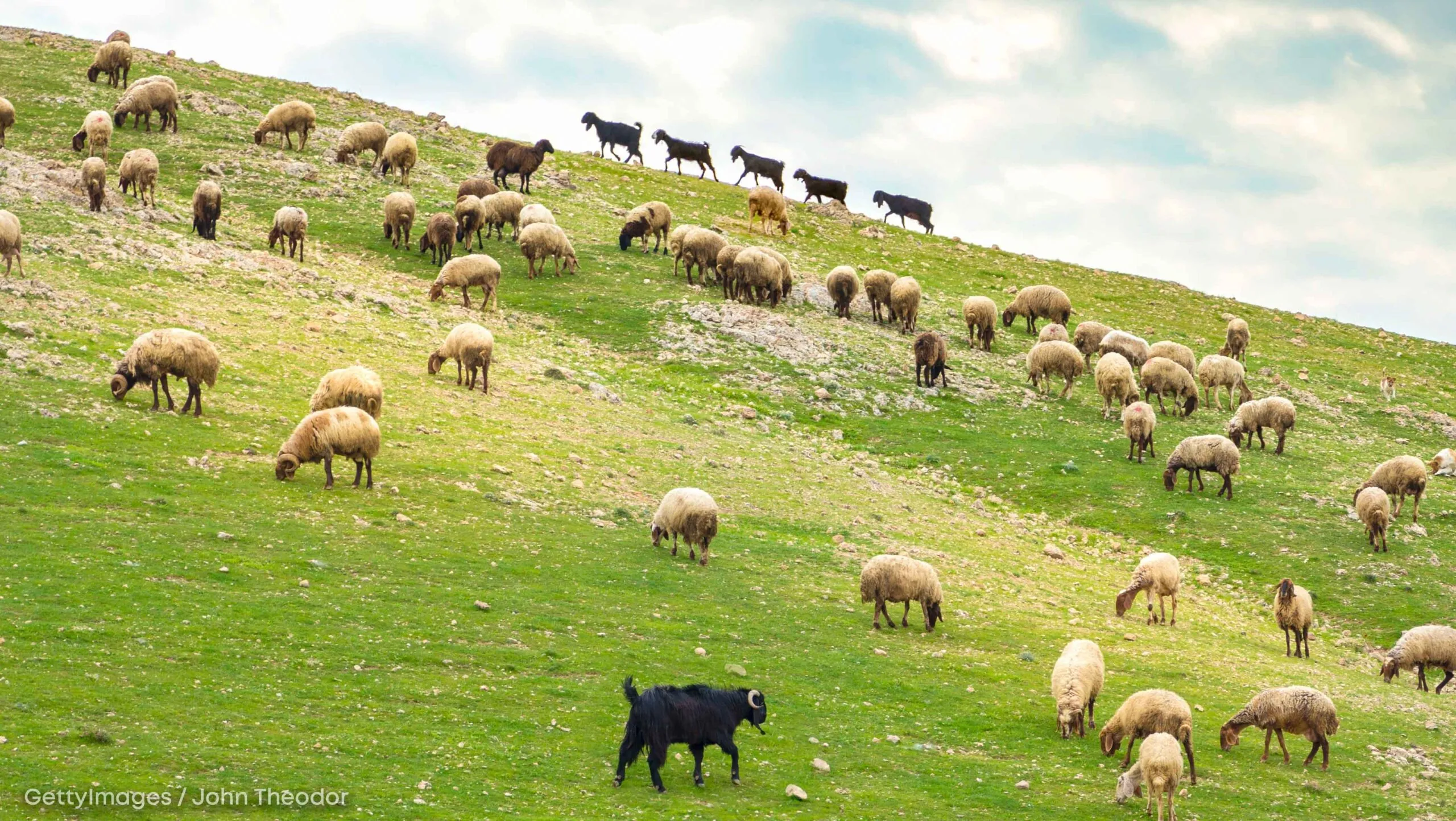
The Scariest Parable in the Bible
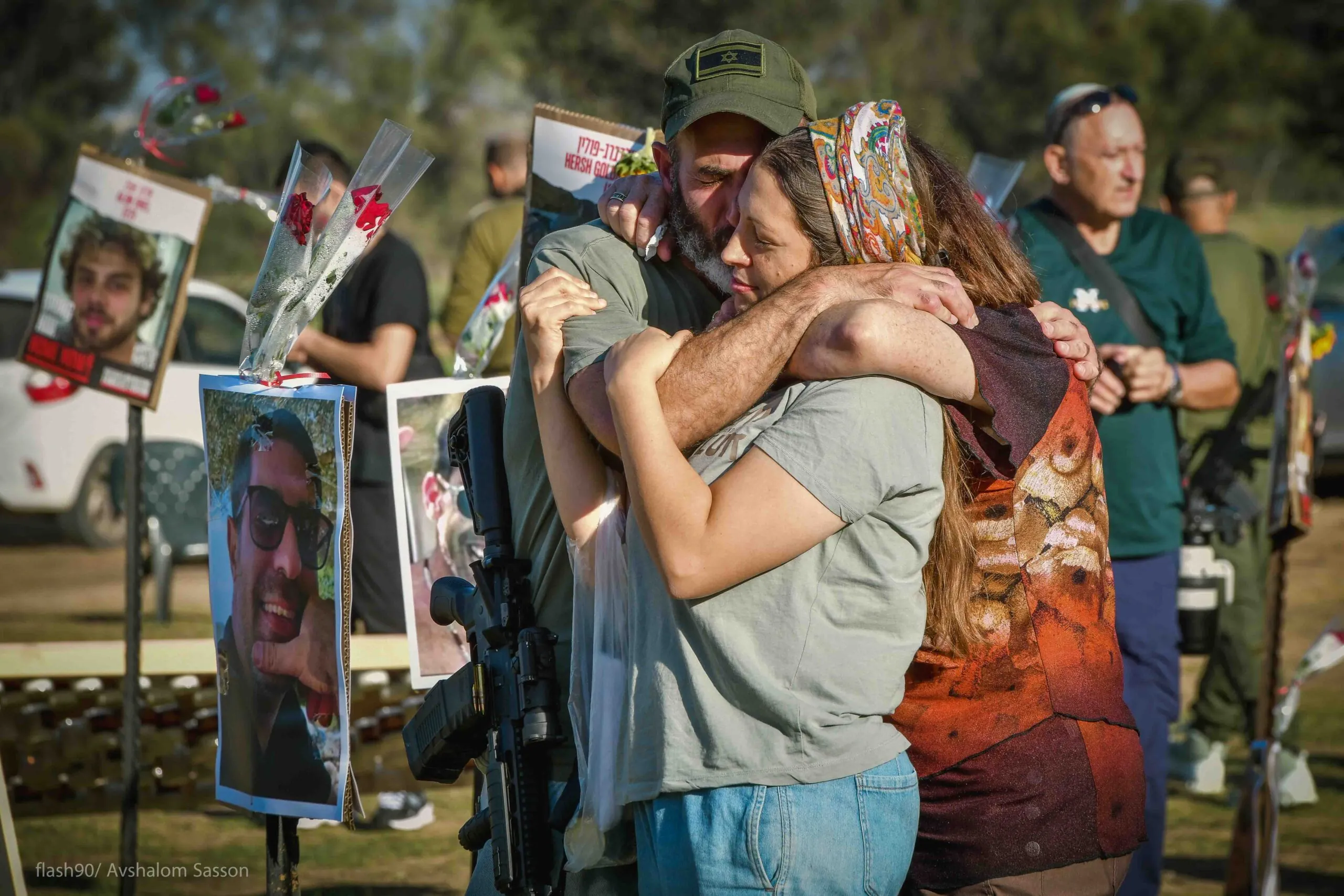
Restoration of Our Land
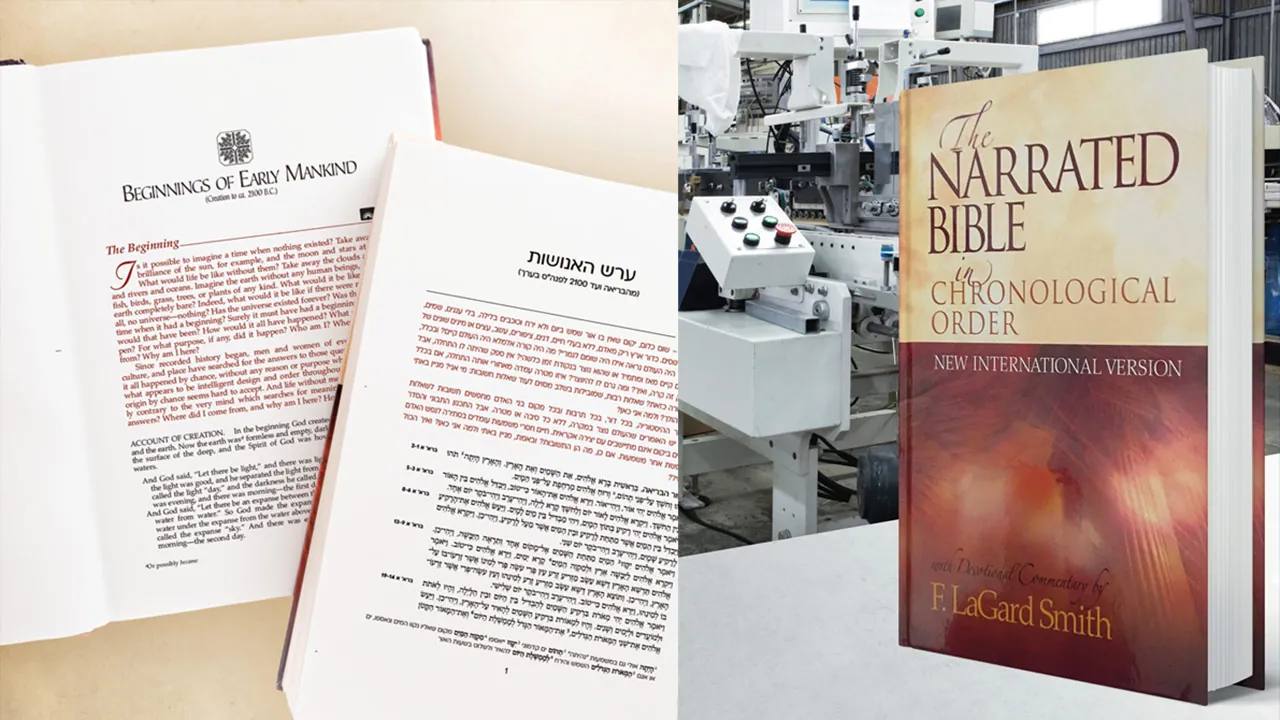
What Makes this Hebrew Bible Different From All Others?
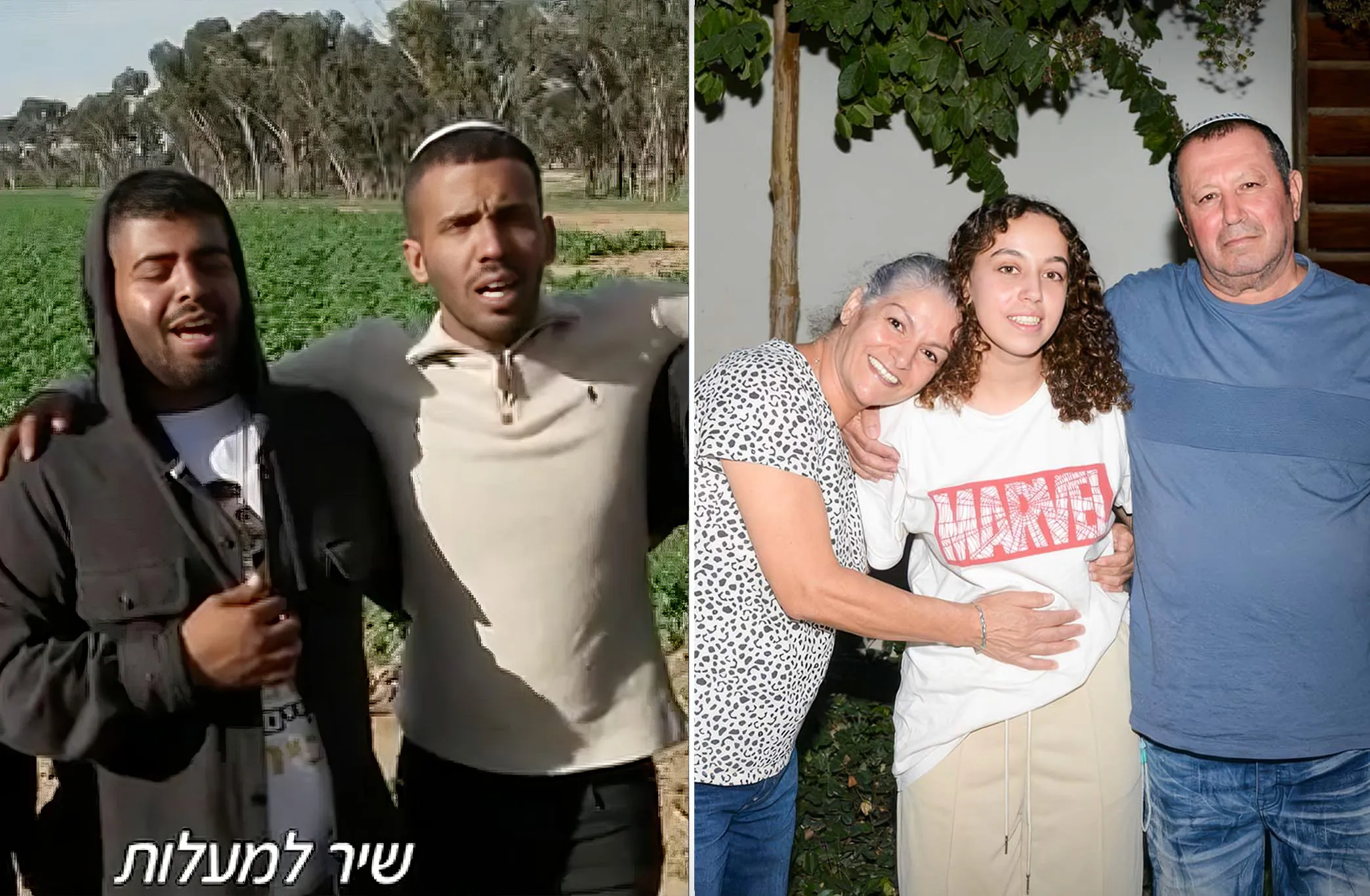
Two Miracles and a Message
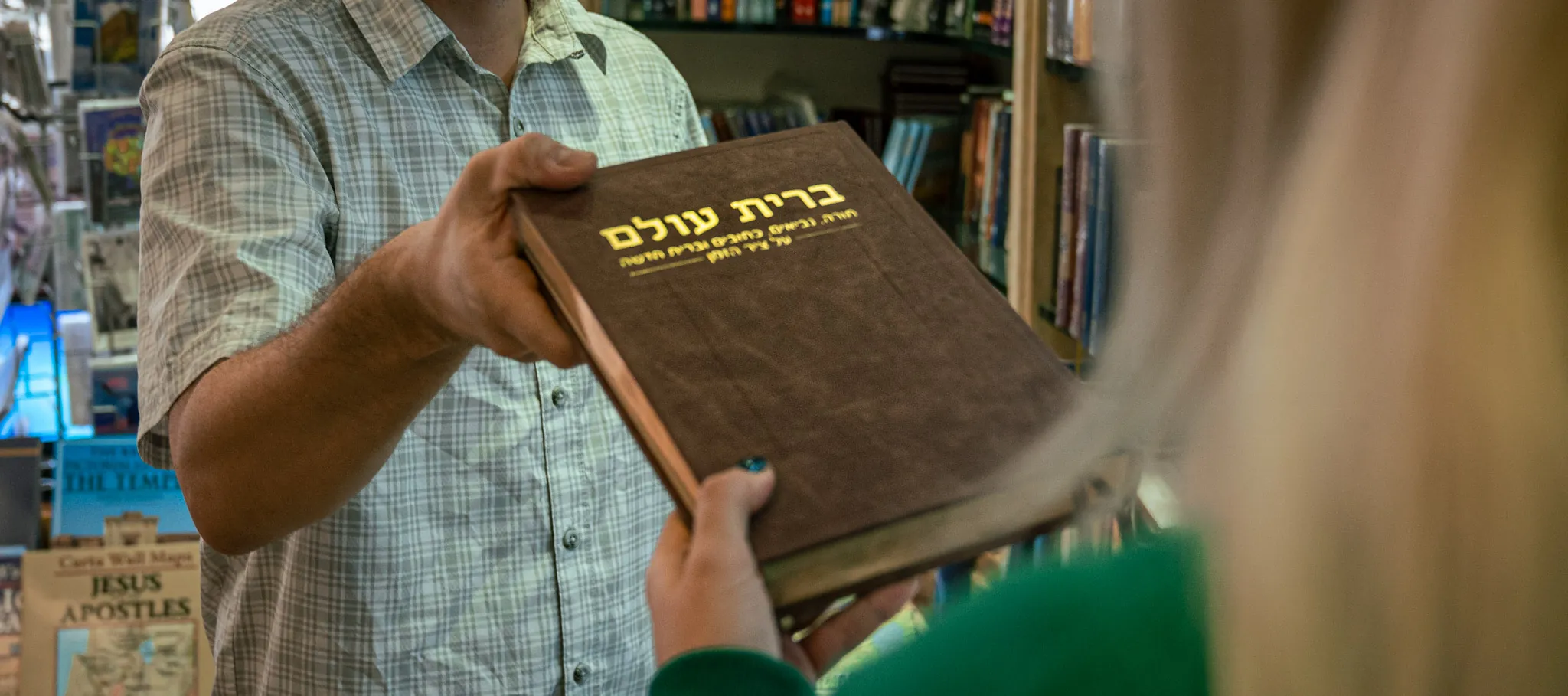
Narrating Hope
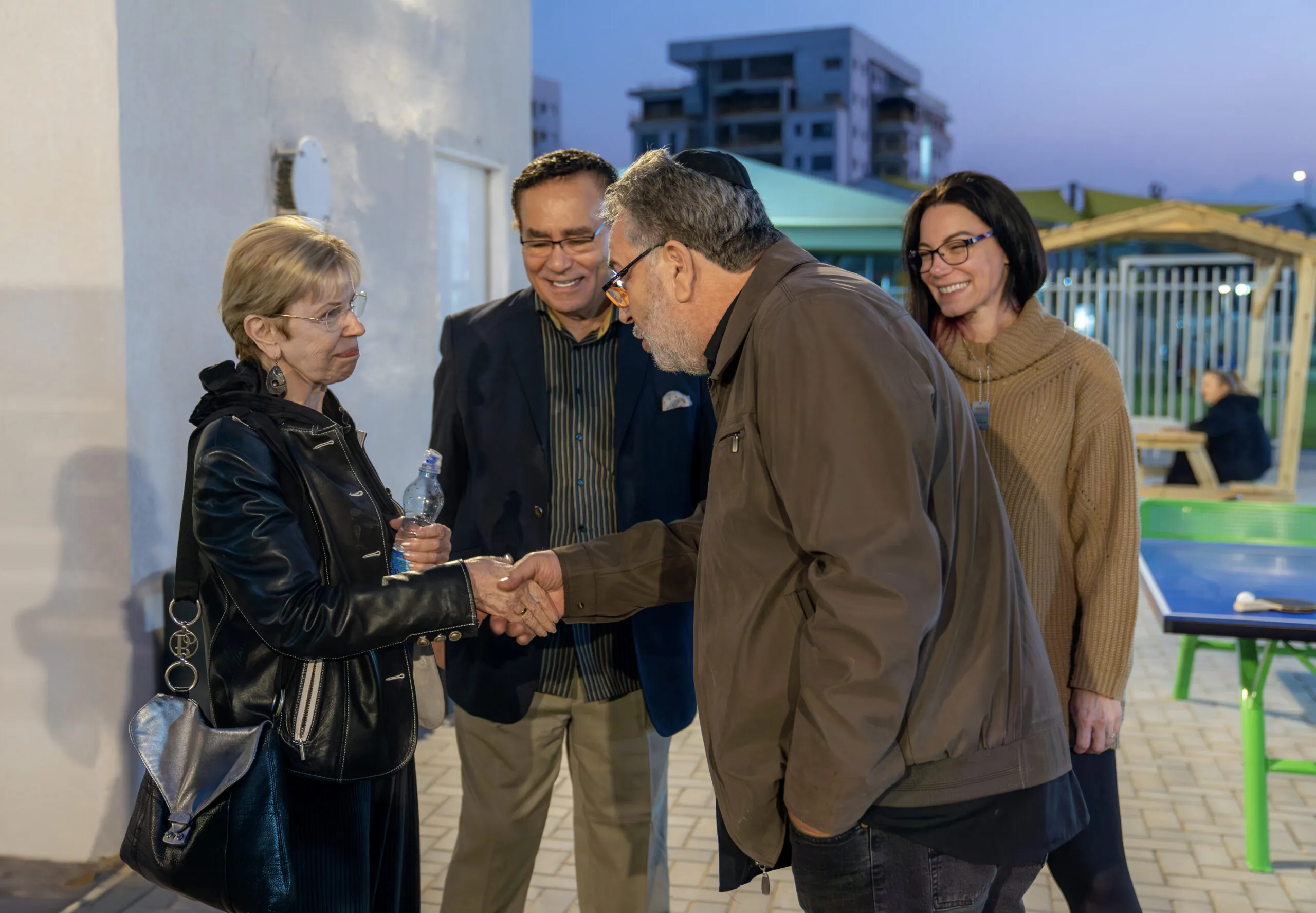
Hope in Action
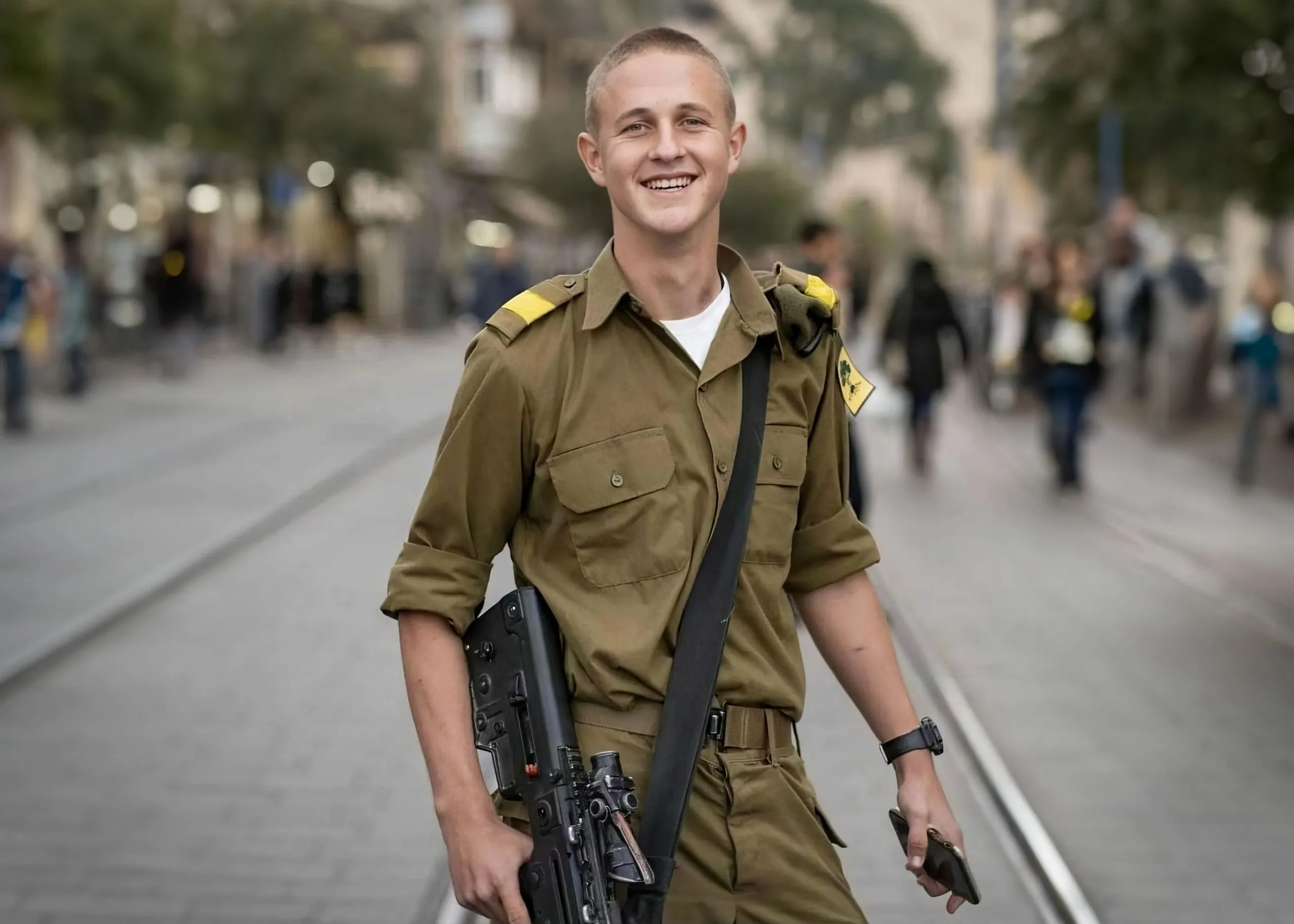
Fight to the Finish
